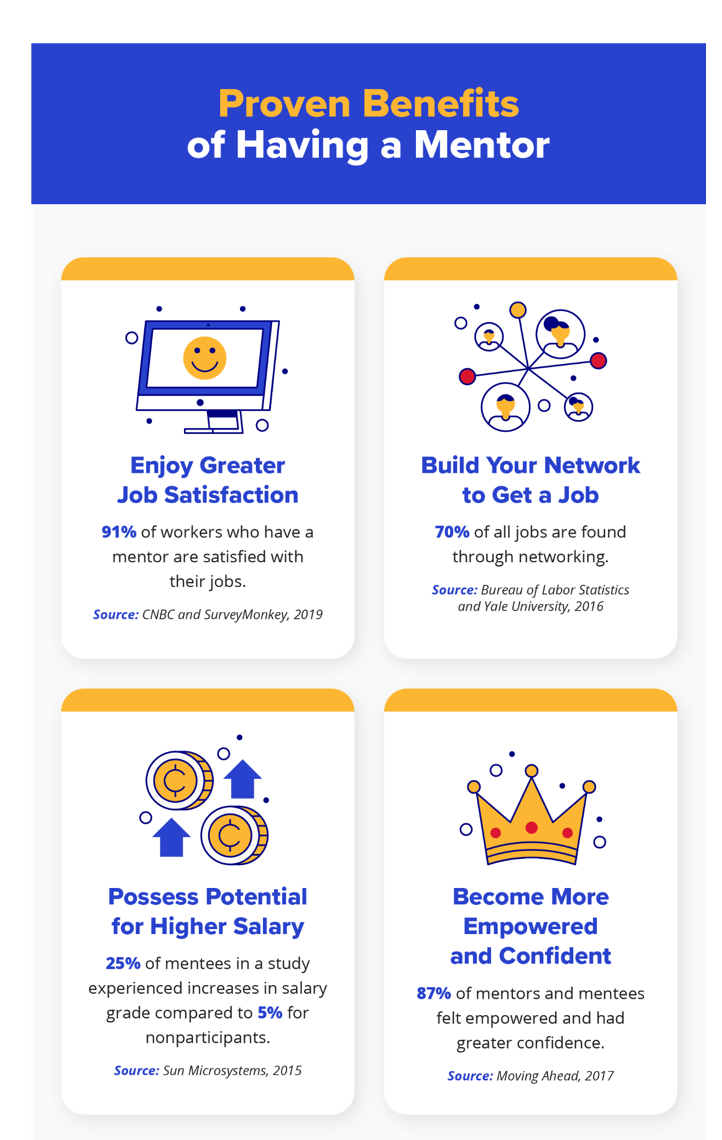
3 tips to become a better Mentor
When you are studying for a Ph.D or Post-Doc, it is very likely that you will end up teaching, either full-time or part-time, so learning to be a better mentor will be extremely beneficial, as mentoring is an excellent opportunity to realize yourself in the workplace.
Being a mentor and assisting him in establishing relationships and improving his reputation, will provide him with a great deal of personal satisfaction because it allows him to help others grow, and thus himself.
What is a mentor?
In a mentoring article published by the Harvard Business Review, Italian Renaissance sculptor Michelangelo (1475-1564) is referenced, who believed that a unique and beautiful work of art already existed within stone and that his job was simply to reveal it. According to the report, mentors achieve the "Michelangelo phenomenon" by bringing out the best in their mentees through their coaching process.
As a result, we can define a mentor as a reflective guide who seeks to understand the apprentice and assists the mentee to discover the best version of himself. A good way to accomplish this is to use the system known as "The 3 A's of tutoring," which will be very helpful in terms of having a methodology to follow.
Availability:
When we talk about availability, we don't just mean the time you should invest in your apprentices, but also the willingness to use all five senses and the time to provide mentoring.
You must pay attention, see, and hear your mentee. Most importantly, having the right word to lead him to his own answers by asking the appropriate questions. Accompaniment is necessary, and it is not always limited to the work or professional level, because one must also be emotionally available.
Active listening:
Listening is an art that allows you to educate, accompany, and anticipate your mentee at all times.
Active listening is a valuable skill that can be learned through practice. Some suggestions for improving this quality include:
1. Avoid distractions during conversation.
2. Don't be picky about listening to what the other person has to say.
3. Give the interlocutor enough time to communicate.
4. Don't let your personal opinions get in the way of effective communication.
Good listeners have the ability to specify and summarize the conversation, bringing up important points of discussion while maintaining a common thread.
Analysis
A good tutor must have peripheral vision, which allows him to see situations from different perspectives and assists the mentee in finding solutions to problems that arise. Being a mentor is like learning to fly.
Whether you want to be a mentor or find a mentor to help you advance professionally. These pointers will assist you in making the right decision and building a valuable relationship in the long run.
Before starting mentoring, it is important to consider what you hope to gain from the mentoring experience. Because this will help you in adjusting your expectations and generating a healthy and healthy relationship.
Are you prepared to be a good mentor, or do you need to work on your skills? Consider your answer and take action. The world needs more people willing to prepare and take charge.
